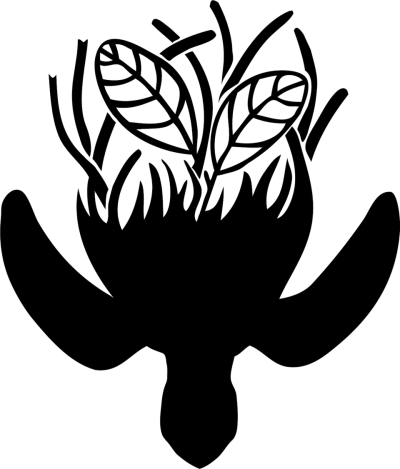News
New Paper: What fuels the Wadden Sea foodweb?
What fuels the Wadden Sea food web? This is the …
Seagrass ecosystem services: Fieldwork Lac Bay, Bonaire
Just back from our field expedition to Bonaire…
Guest post: Fionne’s research – sea turtle nest temperatures St. Eustatius
Hello Everyone, Marjolijn has introduced me in her earlier posts; …
36 turtles tagged in St. Eustatius
Our in-water survey of sea turtles and their habitats in St. …
Satellite tags placed on nesting green turtles, St. Eustatius
Based on the monitoring data on nesting turtles that Jessica …
Guest post: Free-diver Laurent volunteering in St. Eustatius
During our fieldwork on St. Eustatius. Laurent helped as a …
All females? Experimental nest temperature assessments will show.
Sea turtle sex is not determined at the time of fertilization …
New Publication shows Dutch Caribbean turtles migrate into risky waters
Lisa Becking (Wageningen University and IMARES) and I, together with …
New! Review on herbivory on freshwater & marine macrophytes
Grazing is an important driver of ecosystem functioning! Not only …
2 times cake: 2 cool new papers! How to keep seagrass as happy as a clam?
Today 2 papers of our group were published online! This …
Guest post: Jurjan’s research – turtle genomics
Within the Dutch Caribbean, green and hawksbill turtle rookeries and …
